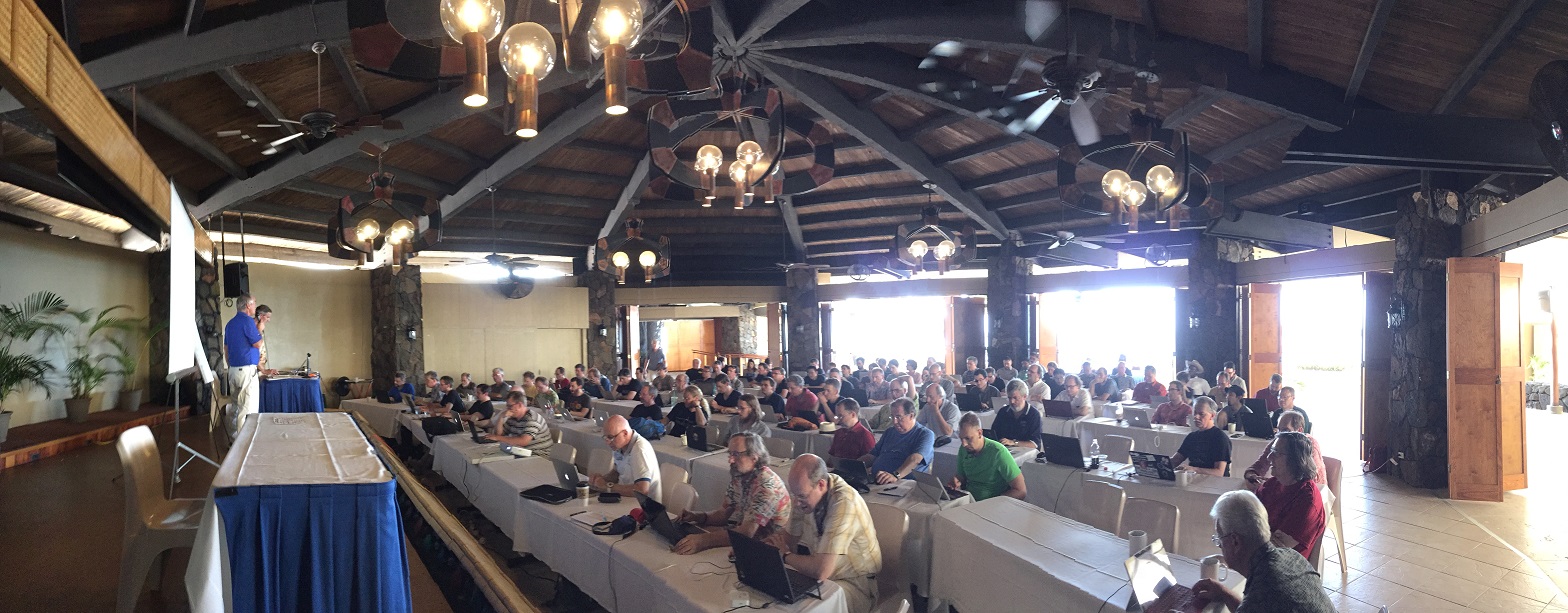An introduction to C++'s SFINAE concept -- Jean Guegant
Jean Guegant describes in a very detailed way different implementation stategies of compile-time introspection of a class member for C++98, C++11 and C++14.
An introduction to C++'s SFINAE concept: compile-time introspection of a class member
by Jean Guegant
From the article:
As a C++ enthusiast, I usually follow the annual C++ conference cppconf or at least try to keep myself up-to-date with the major events that happen there. One way to catch up, if you can't afford a plane ticket or the ticket, is to follow the youtube channel dedicated to this conference. This year, I was impressed by Louis Dionne talk entitled "C++ Metaprogramming: A Paradigm Shift". One feature called is_valid that can be found in Louis's Boost.Hana library particulary caught my attention. This genious is_valid function heavily rely on an even more "magic" C++ programming technique coined with the term SFINAE discovered at the end of the previous century. If this acronym doesn't speak to you, don't be scared, we are going to dive straight in the subject.

 Another hour, another trip report from the just-concluded ISO C++ meeting:
Another hour, another trip report from the just-concluded ISO C++ meeting: